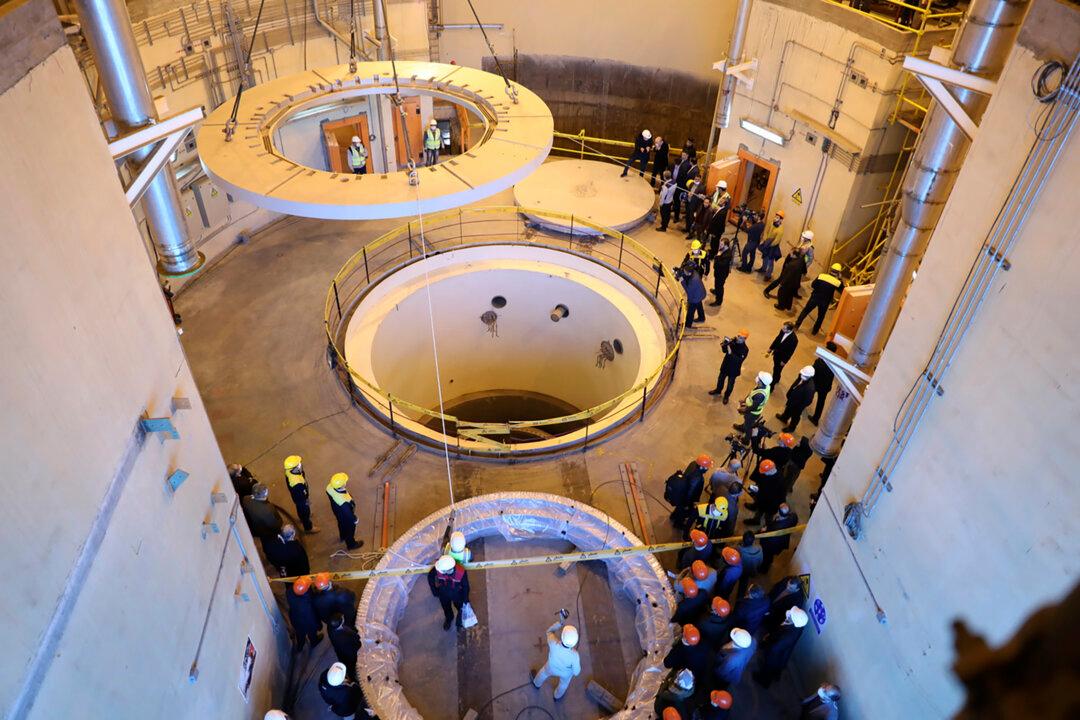The United States and Iran announced Friday that they would start indirect talks through intermediaries next week in a bid to get both countries back into an accord limiting Iran’s nuclear program, nearly three years after President Donald Trump pulled the United States out of the deal.
State Department spokesperson Ned Price called the resumption of negotiations, scheduled for Tuesday in Vienna, Austria, “a healthy step forward.”





